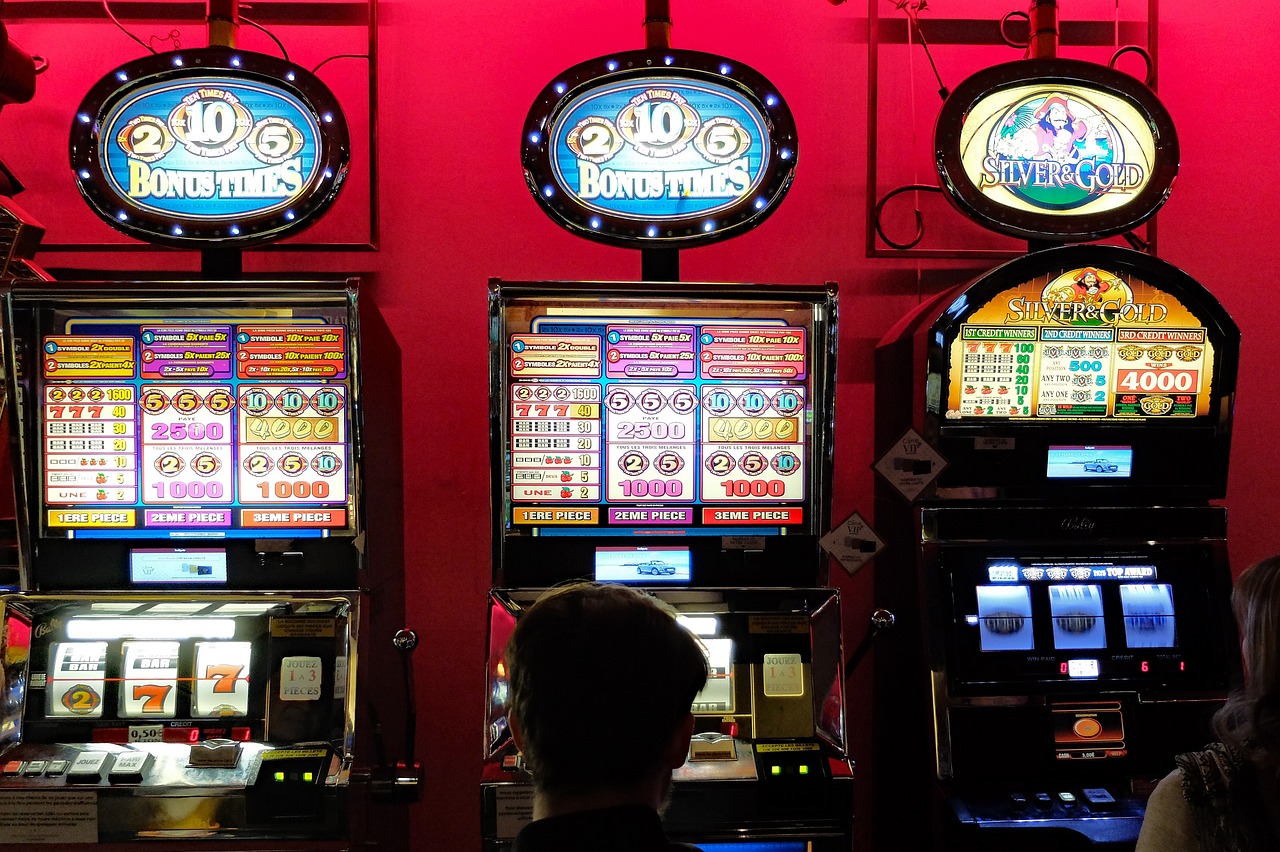Slot machines, often referred to simply as “slots,” have become an integral part of the modern gambling landscape. These machines, known for their vibrant displays and captivating sounds, attract millions of players worldwide. While slots may appear simple on the surface, their history, development, and influence on the gaming industry reveal a complex and fascinating narrative.
The History of Slot Machines
The origins of Slot machines date back to the late 19th century. The first true slot machine, known as the “Liberty Bell,” was invented by Charles Fey in San Francisco in 1895. This mechanical device featured three spinning reels adorned with symbols such as horseshoes, stars, and the Liberty Bell itself. The machine became immensely popular due to its straightforward design and the chance of winning a cash prize, thus laying the groundwork for the future of slot gaming.
As technology progressed, so did the complexity of slot machines. In the 1960s, Bally Manufacturing developed the first fully electromechanical slot machine, the “Money Honey.” This innovation allowed for automatic payouts of up to 500 coins without the assistance of an attendant, significantly enhancing the player experience and paving the way for the rise of electronic gaming.
The advent of video slot machines in the 1970s and 1980s marked another significant milestone. These machines used digital displays instead of physical reels, allowing for more intricate game designs and themes. Video slots introduced bonus rounds and advanced graphics, captivating a new generation of players.
Technological Advancements in Slot Machines
The digital revolution of the late 20th and early 21st centuries brought about dramatic changes in the design and functionality of slot machines. Modern slots are sophisticated pieces of software that combine cutting-edge graphics, sound effects, and complex algorithms to create immersive gaming experiences.
One of the most notable advancements is the use of Random Number Generators (RNGs). RNGs ensure that each spin is entirely independent and random, providing fair play and unpredictable outcomes. This technology has bolstered the integrity of slot machines, making them more trustworthy and appealing to players.
Online slots represent another revolutionary development. With the rise of the internet, traditional casino games transitioned into the digital realm, making them accessible to a global audience. Online slots offer a vast array of themes, from ancient civilizations to popular movies, and incorporate interactive features that engage players in new ways. The convenience of playing from home or on mobile devices has further contributed to the popularity of online slots.
The Economic Impact of Slot Machines
Slot machines are a significant revenue generator for casinos and the broader gambling industry. In many jurisdictions, slots account for a substantial portion of gaming revenue. For instance, in the United States, slots contribute more than 70% of the total casino income. This financial success is due to the widespread appeal of slots, which attract a diverse demographic of players.
The economic benefits of slot machines extend beyond the casino floor. They create jobs in manufacturing, software development, and casino operations. Additionally, the tax revenue generated from slot machines supports public services and infrastructure projects. In some regions, the gambling industry is a vital component of the local economy, driving tourism and hospitality sectors.
Social and Psychological Aspects of Slot Machines
While the economic impact of slot machines is undeniably positive, there are social and psychological considerations that warrant attention. The design of slot machines is rooted in behavioral psychology, employing tactics such as near-misses, frequent small wins, and sensory stimuli to keep players engaged. These elements can contribute to the development of gambling addiction, a serious issue that affects a small percentage of players.
Responsible gambling initiatives are crucial in mitigating the negative effects associated with slot machines. Many casinos and online platforms have implemented measures such as self-exclusion programs, spending limits, and access to support services for those struggling with gambling addiction. Educating players about the risks and promoting responsible gaming behaviors are essential steps in ensuring a balanced approach to slot machine entertainment.
The Future of Slot Machines
The future of slot machines is poised to be shaped by ongoing technological innovations and evolving player preferences. Virtual reality (VR) and augmented reality (AR) are expected to revolutionize the gaming experience, offering immersive environments that transcend traditional gameplay. These technologies could transform slot machines into interactive adventures, where players navigate virtual worlds and engage with dynamic storylines.
Blockchain technology and cryptocurrencies are also making inroads into the gambling industry. These technologies promise increased transparency and security in transactions, potentially appealing to a new generation of tech-savvy players. The integration of blockchain could also introduce novel game mechanics and reward systems, further diversifying the slot machine experience.
Moreover, the trend towards social gaming is likely to influence the development of slots. Social features, such as multiplayer modes and community-based challenges, can enhance the sense of connection and competition among players. This social dimension may attract a broader audience, including those who enjoy casual gaming and social interaction.
Conclusion
Slot machines have come a long way since their inception over a century ago. From the mechanical simplicity of the Liberty Bell to the digital complexity of modern video and online slots, these games have evolved to captivate players with their exciting and immersive experiences. The economic contributions of slot machines are significant, supporting casinos, creating jobs, and generating tax revenue.
However, the social and psychological aspects of slot machine gaming must be carefully managed to promote responsible gambling. As technology continues to advance, the future of slot machines promises even more innovation and engagement, ensuring that these games remain a central and dynamic component of the gaming industry. Whether through VR, blockchain, or social gaming features, slot machines will continue to evolve, offering new and exciting ways for players to experience the thrill of the spin.

